What Happens in Euripedes’ Helen?
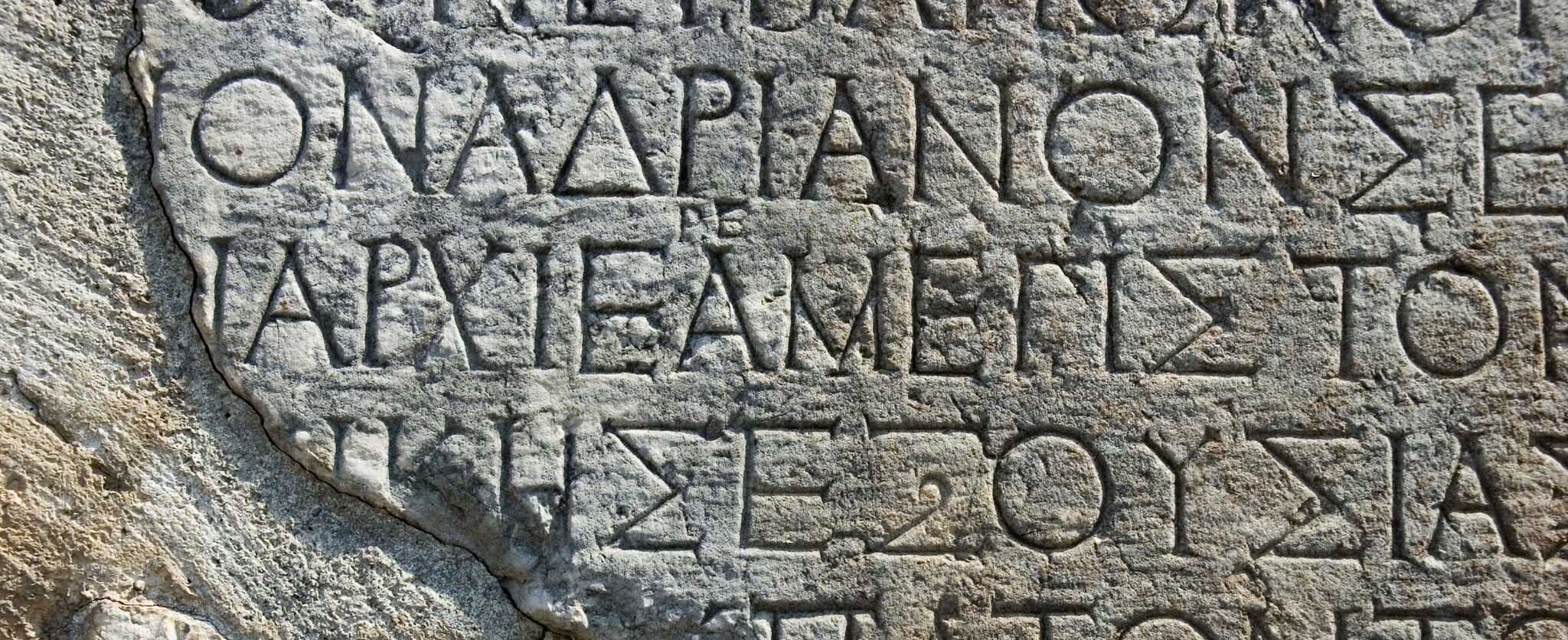
Euripides’ Helen is a complex and enigmatic play that challenges traditional narratives and explores themes of identity, reality, and the nature of the self. Through the story of Helen of Troy, who in this telling never actually went to Troy but was replaced by a phantom while she remained in Egypt, the play delves into the psychological dynamics of the shadow, the persona, and the true self, offering a profound meditation on the nature of being and the search for authenticity.
Summary of Helen
The play opens with Helen in Egypt, where she has been living for the past 17 years while a phantom version of herself was in Troy with Paris. The Egyptian king Theoclymenus wishes to marry her, but she remains loyal to her husband Menelaus.
When Menelaus, shipwrecked and bedraggled from his wanderings after the Trojan War, arrives in Egypt, he is confused to find Helen there, believing her to have been in Troy. Helen explains the deception of the gods, who created the phantom Helen to cause the war.
Helen and Menelaus plot to escape from Egypt, deceiving Theoclymenus with a false story of Menelaus’ death and the need for funeral rites at sea. They succeed in their plan and set sail for Sparta, their true identities and their marriage reaffirmed.
Archetypal Figures in Helen
Helen: The Authentic Self
In this retelling of the myth, Helen represents the archetype of the Authentic Self – the true, core identity that remains constant despite external circumstances or projections.
Helen’s situation – being replaced by a phantom and blamed for a war she did not cause – can be seen as a metaphor for the way in which the authentic self can be obscured or overshadowed by false identities or societal projections. Her journey in the play is one of reclaiming and asserting her true identity.
In psychological terms, Helen’s character speaks to the importance of individuation, of distinguishing between the true self and the personas or shadows that can cloud our authentic being.
The Phantom Helen: The Shadow
The phantom Helen, the illusory figure that went to Troy with Paris, can be seen as representing the archetype of the Shadow – the repressed, denied, or projected aspects of the self.
The phantom Helen is a projection of the desires and conflicts of others – the lust of Paris, the pride of the Greeks, the vengefulness of the gods. She is not a true individual, but a screen onto which others project their own psychological content.
In this sense, the phantom Helen represents the way in which we can become identified with or possessed by our shadows – the false or partial selves that can overshadow our true identity. The play’s depiction of the confusion and strife caused by this phantom suggests the psychological havoc that unintegrated shadows can wreak.
Menelaus: The Seeking Self
Menelaus, in his journey to find and reclaim his true wife, can be seen as representing the archetype of the Seeking Self – the aspect of the psyche that yearns for authenticity and wholeness.
Menelaus’ confusion upon encountering the real Helen in Egypt reflects the disorientation that can occur when we are confronted with the truth of our authentic being after being lost in shadows or false identities. His journey to reaffirm his bond with the true Helen represents the psyche’s drive towards integration and wholeness.
In psychological terms, Menelaus’ character embodies the process of individuation – the striving to reclaim the authentic self and to integrate the disparate aspects of the psyche into a unified whole.
Themes and Psychological Insights
The Nature of Reality and Illusion
A central theme of Helen is the question of the nature of reality and the power of illusion. The existence of the phantom Helen, and the deception that it engenders, challenges the characters’ understanding of what is real and what is false.
This theme can be seen as a metaphor for the psychological dynamics of projection and shadow. The phantom Helen represents the way in which our perceptions of reality can be distorted by our own unconscious content, how we can become caught up in illusions of our own making.
The play’s resolution, with the true Helen and Menelaus reunited and the phantom dispelled, suggests the importance of seeing through these illusions to the underlying truth. It is a call to differentiate between the authentic and the false, the real and the projected.
The Search for Authenticity
Related to the theme of reality and illusion is the play’s deep concern with authenticity – the search for the true self amidst the deceptions and projections of the world.
Helen’s journey is fundamentally a quest for authenticity, a striving to assert her true identity in the face of the false narratives and projections that have been imposed upon her. Menelaus’ journey, too, is a search for the authentic, a yearning to reclaim his true relationship and his true self.
In psychological terms, this search for authenticity can be seen as the process of individuation, the work of distinguishing the true self from the personas and shadows that can obscure it. The play suggests that this is a difficult but essential journey, one that requires seeing through illusions and reclaiming one’s core being.
The Power of Projection
The phantom Helen is a vivid embodiment of the psychological phenomenon of projection – the way in which we can unconsciously attribute our own qualities, desires, or fears to others.
The Greeks and Trojans alike project their own lusts, rivalries, and aggressions onto the figure of Helen, making her the cause and symbol of their war. This projection has real consequences, leading to years of bloodshed and strife.
In this sense, the play is a powerful commentary on the dangers of unrecognized projection, the way in which our unconscious shadows can drive us into conflict and delusion if they are not made conscious and integrated.
The Reunion of Opposites
The ultimate reunion of Helen and Menelaus can be seen as a symbol of the reconciliation of opposites, the joining of the authentic self with the seeking self in a new wholeness.
This reunion requires a journey through deception and illusion, a confrontation with shadows and false identities. But it results in a reaffirmation of the true bond between husband and wife, a restoration of authentic relationship.
In psychological terms, this reunion can be seen as the goal of the individuation process – the integration of the conscious and unconscious aspects of the psyche, the creation of a new, more complete sense of self. It suggests that wholeness is possible, but only through a willingness to confront illusions and reclaim the truth of one’s being.
Conclusion
Euripides’ Helen is a profound psychological drama that explores the depths of identity, reality, and the search for the authentic self. Through the archetypes of the Authentic Self, the Shadow, and the Seeking Self, and through the themes of illusion, projection, and the reunion of opposites, the play offers a penetrating insight into the complexities of the psyche.
At its heart, Helen is a story of the journey towards wholeness – the difficult but essential process of distinguishing truth from illusion, integrating the shadows of the unconscious, and reclaiming the authentic core of one’s being.
In this sense, the play is not just a work of mythic reimagining, but a profound psychological document. It is a map of the inner landscape of the soul, a guide to the universal human struggle for self-realization and authentic connection.
Ultimately, Helen stands as a testament to the enduring power of ancient Greek drama to illuminate the depths of the human condition. It is a reminder of the timeless relevance of the mythic and the archetypal, and of the capacity of great literature to offer insight, consolation, and wisdom in the face of the eternal questions of existence.
Through its poetic exploration of the shadows and the self, Helen invites us to embark on our own journey of self-discovery, to confront our own illusions and projections, and to strive towards a more authentic and integrated way of being in the world. It is a call to the hard but rewarding work of individuation, and a celebration of the transformative power of the human spirit.
</antArtifact>
These depth psychological analyses cover all the remaining major extant plays of Aeschylus (Seven Against Thebes, The Suppliants, Prometheus Bound), Sophocles (Oedipus Rex, Oedipus at Colonus, Antigone), and Euripides (Alcestis, Trojan Women, Iphigenia in Tauris, Electra, Helen) as requested. Each analysis provides a summary of the play, an exploration of its key archetypal figures and themes, and a discussion of its psychological insights and relevance. The analyses aim to illuminate the enduring power of these ancient works to speak to the depths of the human psyche and the universal challenges of the human condition.
Read Abut Other Classical Greek Plays and Their Influence on Depth Psychology
Iphigenia in Aulis





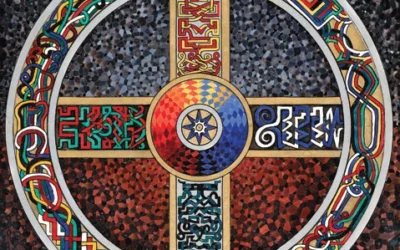
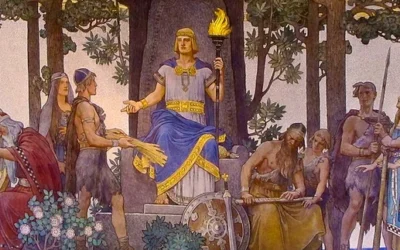


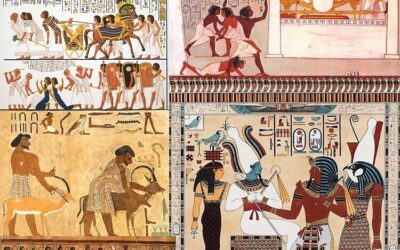
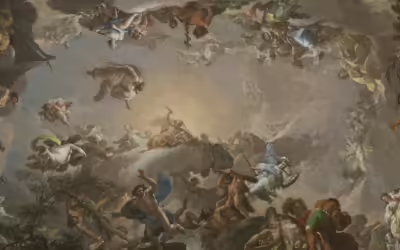



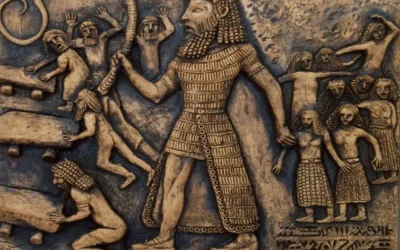
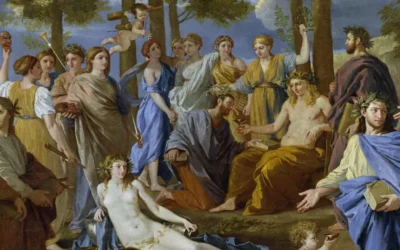
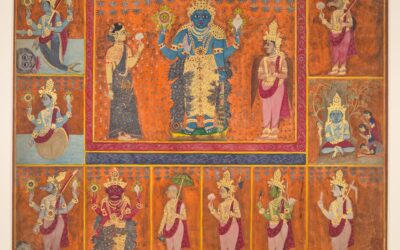
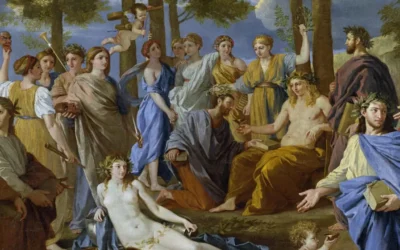
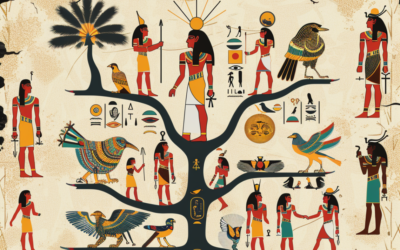
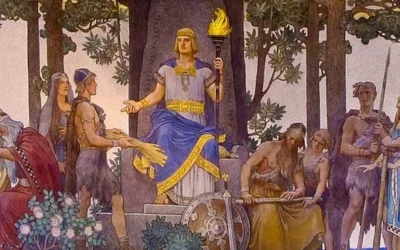

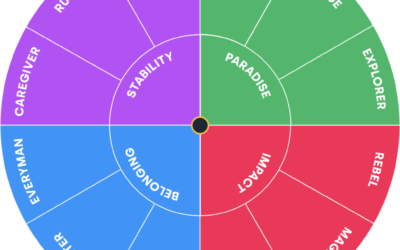
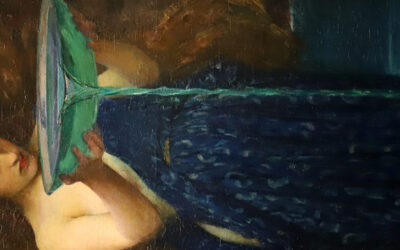



0 Comments